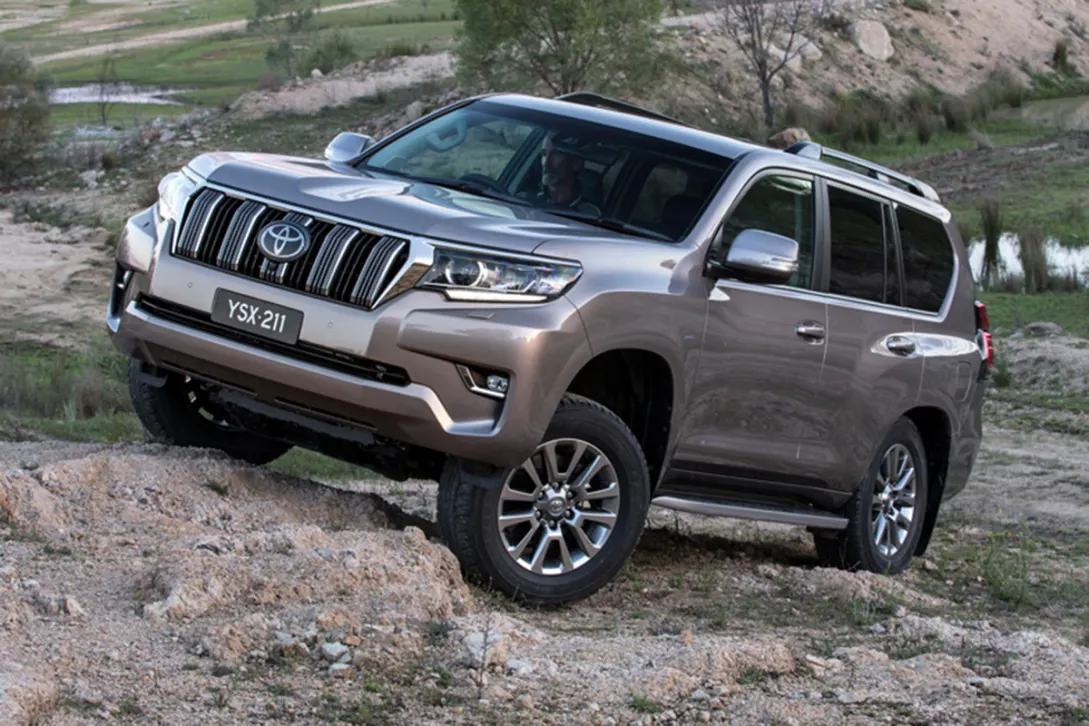The members of the class action against Toyota Australia over its defective diesel particulate filter (DPF) are to be awarded payouts to cover the vehicle’s drop in value.
As of June 20, owners of approximately 260,000 owners of affected vehicles are being contacted by lawyers Gilbert + Tobin to register for the class action compensation.
The Federal Court judgment from April found in favour of the original applicant and class action group members, resulting in the May 16 Court order for Toyota Australia to pay damages.
According to the order, the Federal Court found that, as a result of the defective DPF, the affected vehicles “were not of acceptable quality”, and that Toyota Australia engaged in “misleading or deceptive conduct” in relation to marketing and selling the specified models.
The Court found that the value of the impacted vehicles at the time of sale was reduced because of the faulty DPF and determined that the amount of the reduction in value was 17.5 per cent of the average retail price.
As a result, all eligible members of the class action are entitled to monetary compensation for the drop in value, “and for the excess GST they paid as a result of acquiring their vehicles at prices which were higher than the true value of those vehicles”.
The second applicant of the action was awarded a total payout of $18,401.76 over the DPF issue in their Toyota Prado.
This was made up of $7474.59 for the drop in value, $747.46 for the excess GST, $246.60 for excess stamp duty, $1650.32 for excess financing costs, $4725 for income lost due to having the Prado serviced for the DPF issues and $3559.79 in interest on the above amounts.

Each class action member will be entitled to compensation of 17.5 per cent of the retail price as outlined above and the law firm for the members, Gilbert + Tobin, is urging affected owners that are not already part of the action to register their interest.
Given each of the models and their respective variants had differing retail prices at the time of purchase, the amount that each class action member receives will differ.
Some owners have already received a refund, a replacement vehicle or compensation payout directly from Toyota Australia, in which case that will be taken into account under the Court-approved compensation distribution scheme.
The DPF problem affects Toyota HiLux, Fortuner and Prado models fitted with a 2.8-litre (1GD-FTV) or 2.4-litre (2GD-FTV) turbo-diesel engine, sold in Australia between October 2015 and April 2020.
.webp)
The DPF is part of the vehicle’s exhaust system and is designed to capture and trap exhaust soot and other particles that are created during the diesel combustion process. This then ensures that they are prevented from being pumped into the atmosphere when the vehicle is operating.
As previously reported, 264,170 vehicles are affected by this DPF problem and the total payout amount could add up to close to $2 billion.
In early June, Toyota Australia announced that it will appeal the judgment in the Federal Court.
“Toyota's appeal includes challenges to the factual and legal basis for the award of damages, particularly in circumstances where many of the group members did not experience the DPF issue,” the company said in a release.
If Toyota is successful, it would mean the applicants could lose the entitlement to receive money, or the amount could be reduced.
A Toyota Australia spokesperson provided CarsGuide with the following statement regarding the class action.
“Toyota has been and remains committed to assisting any customer whose vehicle experiences the DPF issue and to providing free-of-charge repairs.
“We do not agree with the judgment in the class action. At the same time, Toyota understands the inconvenience and discomfort caused to some customers, which may vary by vehicle and individual circumstances, and for which we apologise.
“We have worked continuously since becoming aware of DPF concerns, on an effective resolution for affected customers.
“At every step, we believe that we have implemented customer focused and technically grounded remedies to resolve customers’ concerns.
“Toyota will carefully consider the final orders from the judgment before making any further comment.”
UPDATED FROM: 20/05/22


-2.jpg)





.jpg)

.jpg)
.jpg)




.jpg)
.jpg)

.jpg)



.jpg)

.jpg)

.jpg)

.jpg)

.jpg)
Comments